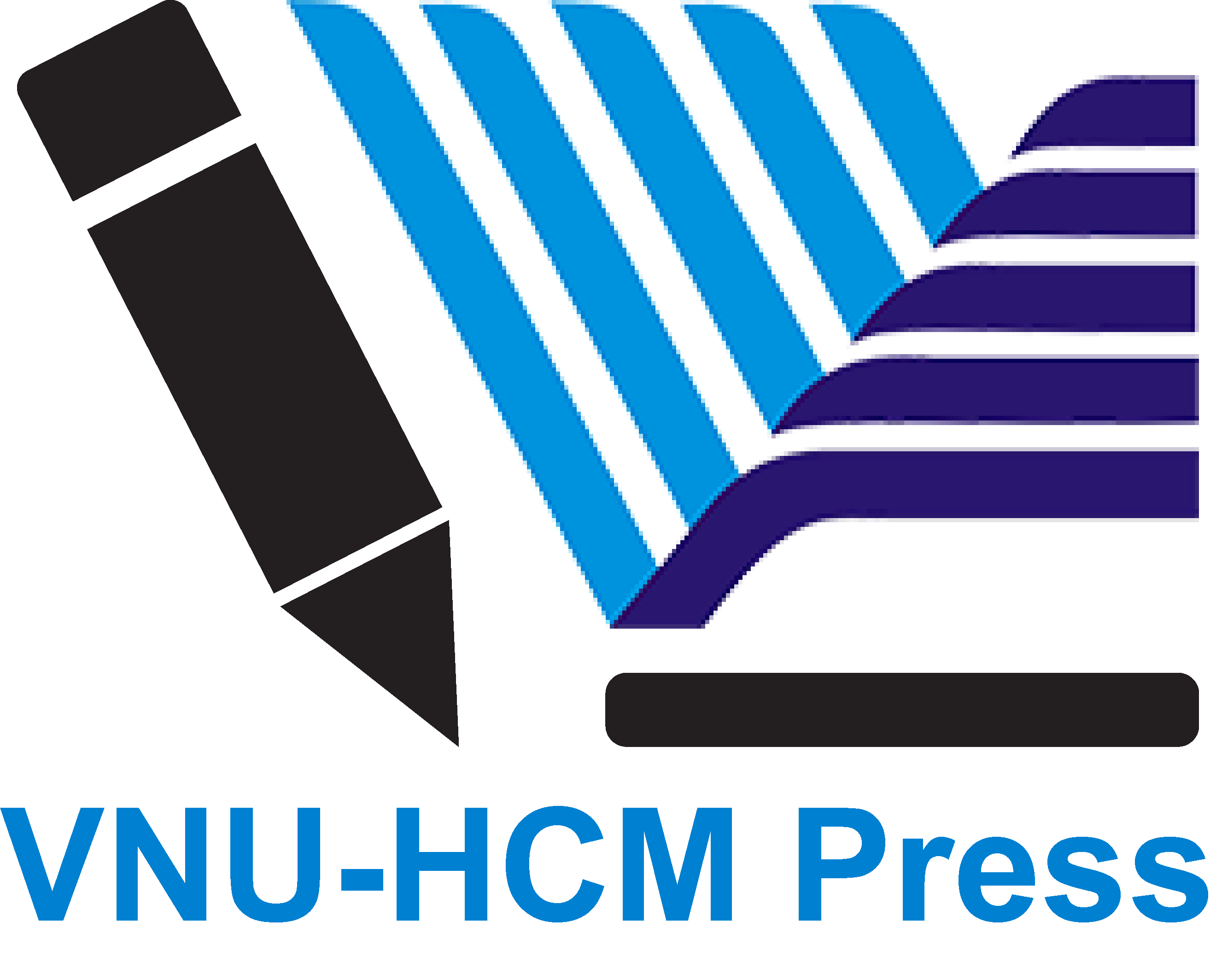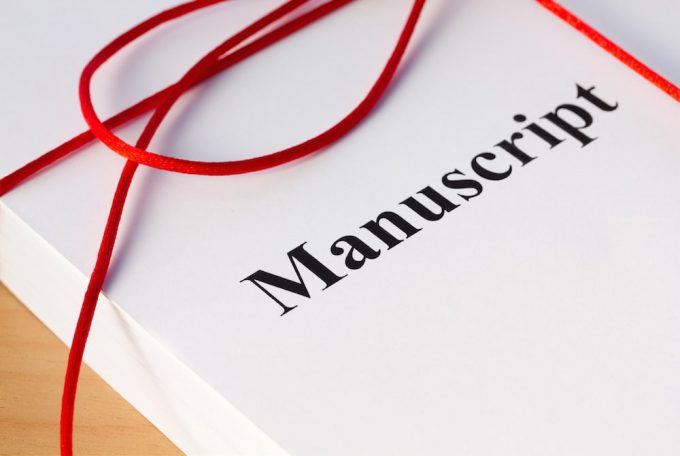Let us look at the general process to write a successful paper. You have done the research, agreed that you are going to write a paper to tell your findings, and planned your manuscript.
That sounds like the correct process, but doesn’t exactly sound right. Let us try again.
You have performed the research, decided to publish a paper to report your findings, and structured your manuscript.
Both sentences convey the same meaning, but the second one clearly does so more effectively. Why?
The secret to a great article is not only the pioneering concepts you report and the way you structure them. As shown in the simple example above, the language you utilise in your paper is a significant factor in how impactful your paper is. Needless to say, the language must be formal and academic, and the terminology must be appropriate for your field of study. However, for a paper to be truly outstanding, it is essential that the points are articulated intelligently and succinctly. A vital tool for this is the effective use of verbs. Research papers often involve the description of processes and methodologies, which makes it even more important for the specific action word to be used. This article provides recommendations on how you can select suitable verbs for your writing project.
First, let us briefly review what verbs are. A verb is one of the most important parts of a sentence, and indicates an action, or a state of being. The boldfaced words in the previous sentence are verbs. More often than not, it is impossible for a sentence to be constructed without a verb. Moreover, there are many kinds of verbs, such as action verbs (that express specific actions), auxiliary verbs (helping verbs that show a verb’s tense or if the verb is positive or negative), and modal verbs (auxiliary verbs that express abilities).
The following section lists certain verbs that are useful in academic writing, especially, in research papers. It also includes easy tips you can employ while selecting your verbs.
| Purpose | Verbs |
|---|---|
| To show analysis | analyse, appraise, define, diagnose, explore, identify, investigate, observe |
| To summarize | assess, conclude, feature, highlight |
| To indicate control (to be stable or to maintain at a level) | constrain, control, govern, influence, inhibit, limit, maintain, prohibit, regulate, secure |
| To discuss findings | attest, confirm, contend, demonstrate,document, indicate, reveal |
| To state | comment, convey, elaborate, establish,identify, propose |
| To show increase | advance, development, enlarge, exceed, extend, facilitate, improve,increment, maximize |
| To show decrease | alleviate, cease, decline, depress, descent, deteriorate, minimize, subside, reduce |
| To show change | alter, accommodate, difference, evolve, fluctuate, generate, transform, transition, vary |
| To indicate information in a figure | depict, display, illustrate, portray, reveal |
| To indicate information in a table | classify, enumerate, gives, lists, presents, summarizes |
| To stress that a task has been performed in-depth | adequately, comprehensively, exhaustively, extensively, thoroughly |
| To show parts | comprises, compose of, constitutes, encompasses,includes, incorporates |
| To indicate negative stand | challenge, contradict, disagree, dispute, reject, question |
| To indicate positive stand | confirm, compliment, corroborate, substantiate, support, uphold, validate, verify |
| To show approximation | approximate, estimate, resemble, predict |
| *Note: The verbs listed under each category are NOT synonyms and are different based on context. Please ensure that the selected verb conveys your intended meaning. Please be sure to use the American (analyze) or British (analyse) English version of the word based on your language of choice. |
Tip 1: Phrasal verbs
It is human nature to write the way we think or speak of a certain
thing. These constitute phrasal verbs, such as “find out”, “break
down,” “put up,” or “warm up.” Substitute them with more formal
counterparts, such as “discover”, “disintegrate,” “assemble,” and
“heat.”
Tip 2: Extraordinarily remarkable versus impressive
The
aim is to use formal words. However, the meaning should not be
overpowered by complicated words. Use powerful, but clear words.
Tip 3: Adverbs
Although not verbs,
the adverbs you select also decide how effective your verbs are. Avoid
the use of “very” or “quickly”. Use formal substitutes like
“substantially” or “rapidly”.
Tip 4: Reporting verbs
In academic
writing, it is important to use the correct tone. Often, we want to
report a finding strongly, while other times, adopting a tentative or
neutral tone is better. In such cases, carefully select the reporting
verb based on your intention. Some examples are: tentative
(hypothesise, imply, suggest), neutral (note, interpret, discuss,
reflect, observe), strong (establish, disregard, highlight, recommend).
Tip 5: Don’t Do not use contractions
Avoid
the use of contractions such as “isn’t,” “won’t,” or, as striked in
the subheading, “don’t.” This makes your language look informal. Use
expanded forms, such as “is not”, “will not,” or “do not.”




